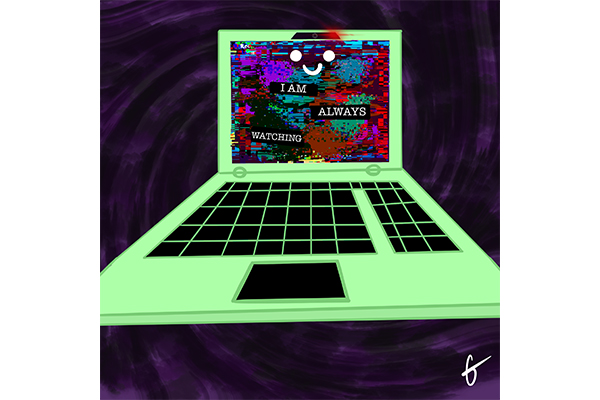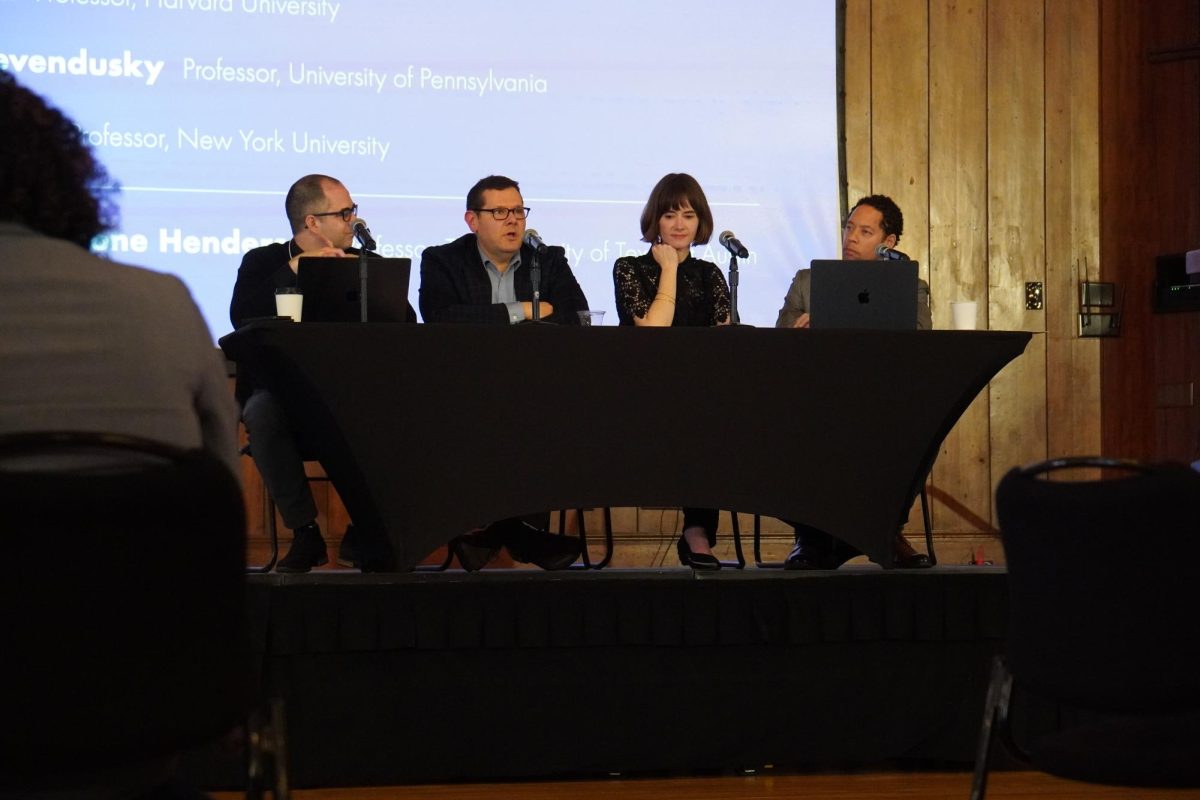Students and faculty have raised concerns about Proctorio’s ability to protect them and their data this midterm season.
Proctorio is a software that records students’ webcams and microphones, search history and room scans, but professors can determine how sensitive the program is when flagging activity. The service is the most widely used proctoring system at UT, and it was first used and promoted by the School of Nursing, assistant chemistry professor Shagufta Shabbir said. However, it wasn’t widely used until classes went online in the spring.
Shabbir said privacy and technical concerns from both faculty and students have convinced many courses to shy away from the extension while some larger, lower-division courses are still using it. After using Proctorio on one test, Shabbir removed the requirement due to the amount of difficulties and feedback she got from students.
“The AI system sets everything from the sound of a page turning in an open-note test to a student’s father bringing her fruit as a red flag, even with the sensitivity turned to the lowest level,” Shabbir said.
Computer science senior Abhi Velaga has had three classes that have used Proctorio this year. He said his main concerns are Proctorio sometimes interrupting his testing for multiple room scans and actively tracking browsing history.
“It also gives me anxiety about my internet connection glitching and kicking me out of a test that’s 40% of my grade,” Velaga said.
Mike Olsen, the Proctorio founder and CEO, said the service has a grace period for WiFi disconnections.
“We have always been allowing two minutes of complete disconnection to WiFi and require low bandwidths for students with unstable connections,” Olsen said. “However, for issues like computers crashing or being off connection for more than two minutes, there’s not much we can do.”
Shabbir said another deal breaker for her was the legal-jargon-filled privacy agreement, which made her skeptical of the software.
“Though the University has FERPA compliance with Proctorio, the students are uncomfortable with the extension constantly monitoring them and (so) am I,” Shabbir said. “We switched to timed exams with scrambled questions while being on Zoom and the students are much more comfortable with it.”
Velaga said he also wishes for Proctorio to be more transparent about what they do with collected data and student privacy.
“It’s like a warehouse of shredded paper,” Olsen said. “We don’t require students to enter their personal information and all data collected is encrypted with codes only given to the professors while the data retention is set by each university. However, we are working on making the privacy policy more readable for our users.
Editor's note: This story has been corrected to fix the spelling of the name of computer science senior Abhi Velaga.





















